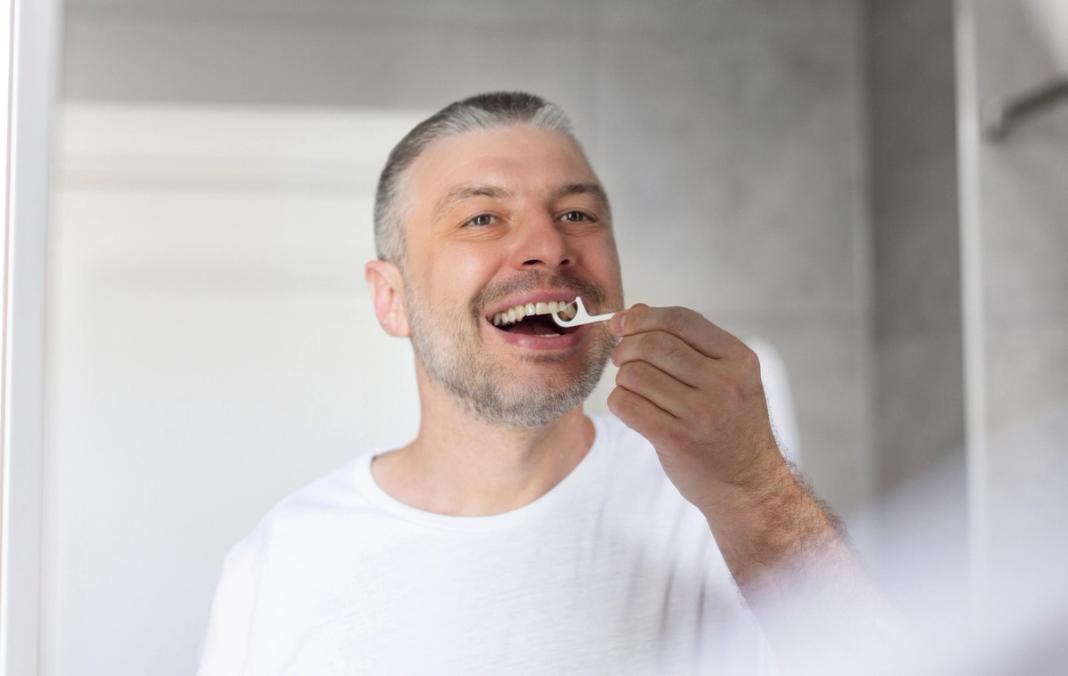
The Cavity Conundrum: Why Good Oral Hygiene Isn't Always Enough
Published on Apr 30, 2025 | 7 minute read

You diligently brush twice a day, floss without fail, and even use mouthwash regularly. Your bathroom routine is worthy of a dental hygiene gold star. Yet, at your last checkup, your dentist delivered the news no one wants to hear: "You have a cavity." It's natural to feel confused. How could this happen when you're doing everything right? This mystery leaves many patients wondering if their efforts are in vain or if cavities are simply inevitable regardless of care. The truth is more nuanced than you might expect, and understanding it can help you better protect your smile.
The Science Behind Cavities: More Than Just Brushing and Flossing
Dental cavities (or caries) form through a complex process that goes beyond what your toothbrush can reach. When we consume foods and beverages, especially those containing sugars and carbohydrates, bacteria in our mouths feed on these substances and produce acids. These acids attack tooth enamel, the protective outer layer of teeth, gradually breaking it down and creating tiny openings—the beginnings of cavities.
Even with excellent brushing and flossing habits, several factors can contribute to cavity formation:
- Tooth anatomy: Deep grooves and pits in molars can be difficult to clean thoroughly, making them prime spots for decay.
- Diet composition: Frequent consumption of acidic foods and beverages or high-sugar snacks increases cavity risk substantially.
- Dry mouth: Reduced saliva flow limits the mouth's natural cleansing ability and acid neutralization.
- Genetics: Some people naturally have weaker enamel or are more susceptible to certain oral bacteria.
The reality is that while brushing and flossing are essential, they're just two pieces of a more complex dental health puzzle.
Hidden Factors That Undermine Your Oral Hygiene Efforts
Your brushing technique might be impeccable, but several less obvious factors could be working against you:
Brushing Technique and Timing
Many people brush regularly but miss crucial areas or don't brush long enough. The American Dental Association recommends brushing for two full minutes, reaching all surfaces of the teeth. Rushing through your routine might leave plaque in hard-to-reach areas, especially between teeth and along the gumline.
The Impact of Eating Habits
It's not just what you eat but how you eat that matters. Snacking frequently throughout the day means your teeth are under constant acid attack. Each time you consume something containing carbohydrates or sugars, bacteria produce acids that attack your enamel for up to 20 minutes. Constant snacking means constant acid production, overwhelming your mouth's natural defenses.
Medical Conditions and Medications
Certain health conditions and medications can increase cavity risk by reducing saliva flow or changing oral pH levels. Conditions like diabetes, acid reflux, and eating disorders can significantly impact dental health. Additionally, many common medications list dry mouth as a side effect, which dramatically increases cavity risk.
Strengthening Your Cavity Defense System
While perfect prevention isn't always possible, you can significantly reduce your cavity risk with these additional strategies:
- Professional cleanings: Even meticulous home care can't remove all plaque and tartar. Regular professional cleanings at Morganville Dental Associates can reach areas your toothbrush and floss can't.
- Fluoride treatments: Fluoride strengthens enamel and can even reverse very early decay. Consider professional fluoride treatments and use fluoride toothpaste.
- Dental sealants: These protective coatings shield the deep grooves in molars, where most cavities develop.
- Diet modifications: Limiting sugary snacks and drinks, especially between meals, can dramatically reduce cavity risk.
- Saliva stimulation: Chewing sugar-free gum with xylitol after meals can increase saliva flow, helping to neutralize acids and remineralize enamel.
The Benefits of Regular Dental Check-ups
According to the American Dental Association, regular dental visits play a crucial role in maintaining oral health beyond what home care alone can achieve. These visits provide several key benefits:
- Early detection: Dentists can spot the earliest signs of decay before they become full-blown cavities, often allowing for preventive rather than restorative treatment.
- Professional assessment: Your dentist can identify your specific risk factors and create a personalized prevention plan.
- Thorough cleaning: Professional cleaning removes hardened tartar that brushing and flossing can't eliminate.
- Preventive treatments: Protective measures like sealants and fluoride applications can be applied during regular visits.
Research published in the Journal of Dental Research confirms that patients who maintain regular six-month check-ups experience significantly fewer instances of tooth loss and advanced decay compared to those who visit only when problems arise.
Taking Control of Your Dental Destiny
The path to optimal dental health isn't just about being diligent with brushing and flossing—it's about a comprehensive approach. While cavities can sometimes develop despite good home care, understanding all the contributing factors empowers you to take more effective preventive measures.
Remember that each person's mouth is unique, with individual risk factors and challenges. At Morganville Dental Associates in Morganville, New Jersey, we believe in creating personalized prevention plans that address your specific needs and circumstances.
Regular examinations allow us to spot potential problems early when they're easiest to address. Our team can help identify areas you might be missing in your home care routine and recommend specific products or techniques that could benefit your unique oral environment.
While brushing and flossing remain the foundation of good oral health, they work best as part of a broader strategy that includes professional care, smart dietary choices, and preventive treatments. By combining diligent home care with regular visits to Morganville Dental Associates, you can significantly reduce your cavity risk and enjoy a healthier smile for years to come.
To schedule your next dental examination and cleaning, contact Morganville Dental Associates at 732-970-0900. Together, we can help you achieve and maintain the healthy smile you deserve—even in the face of cavity-causing challenges.
